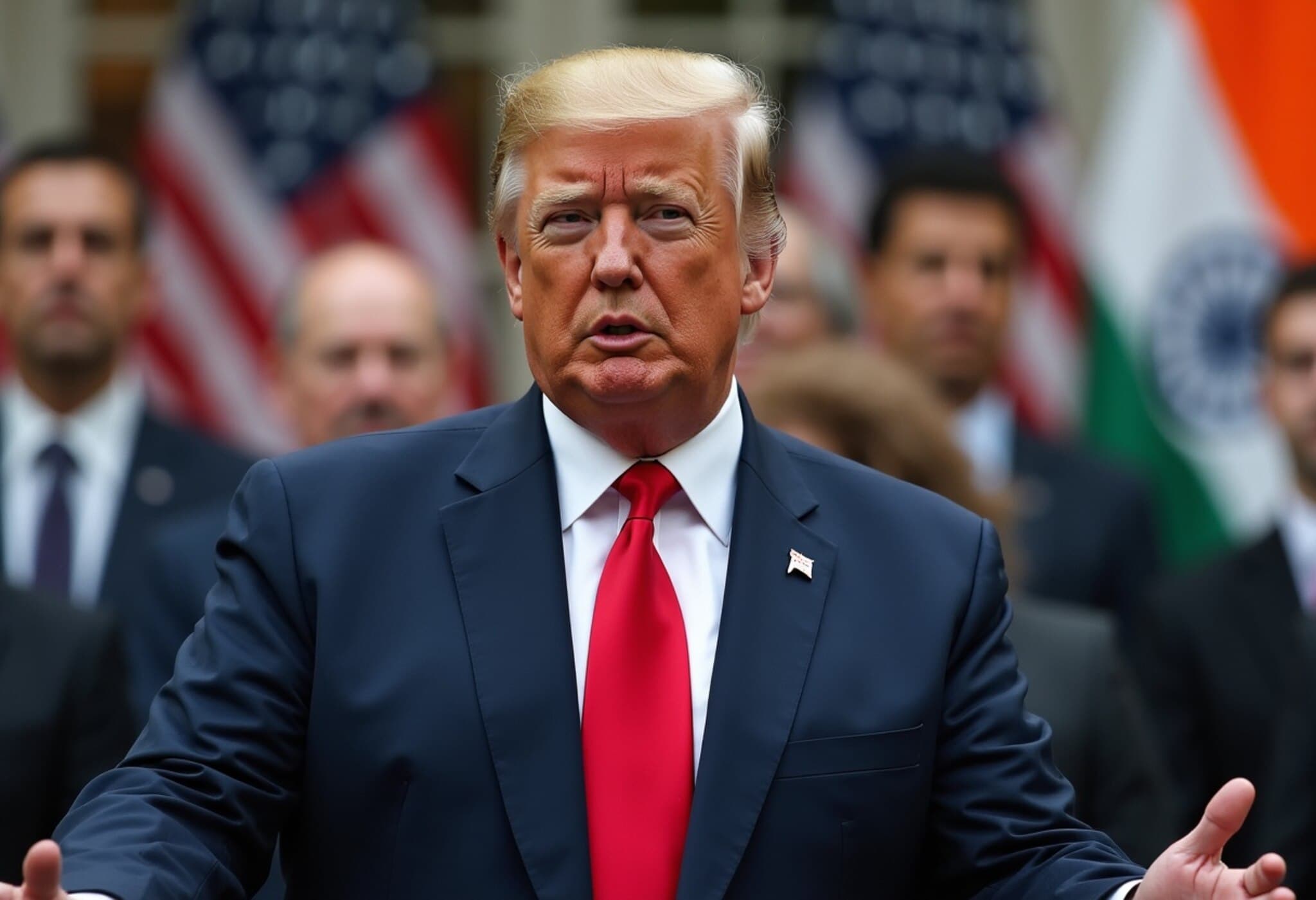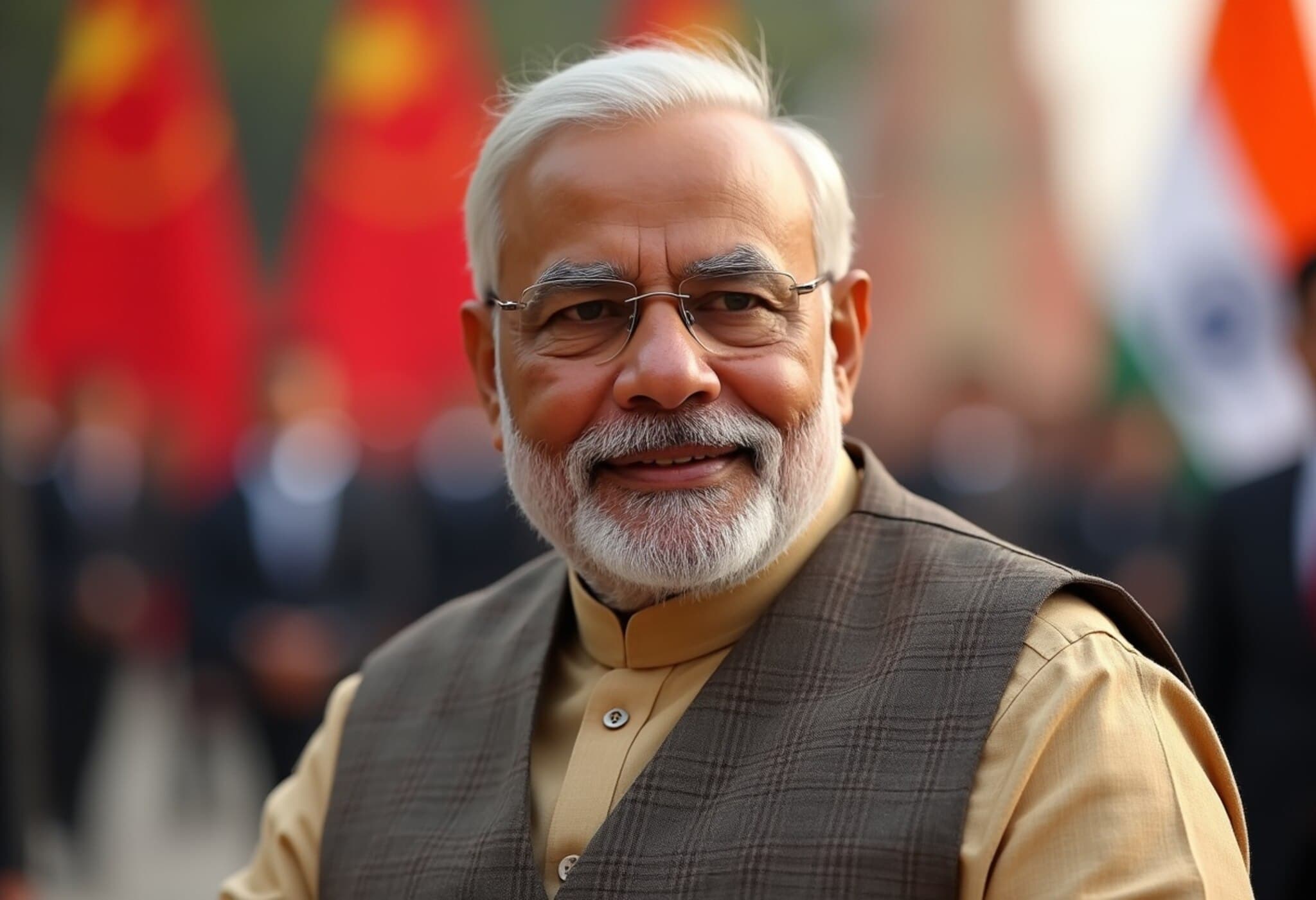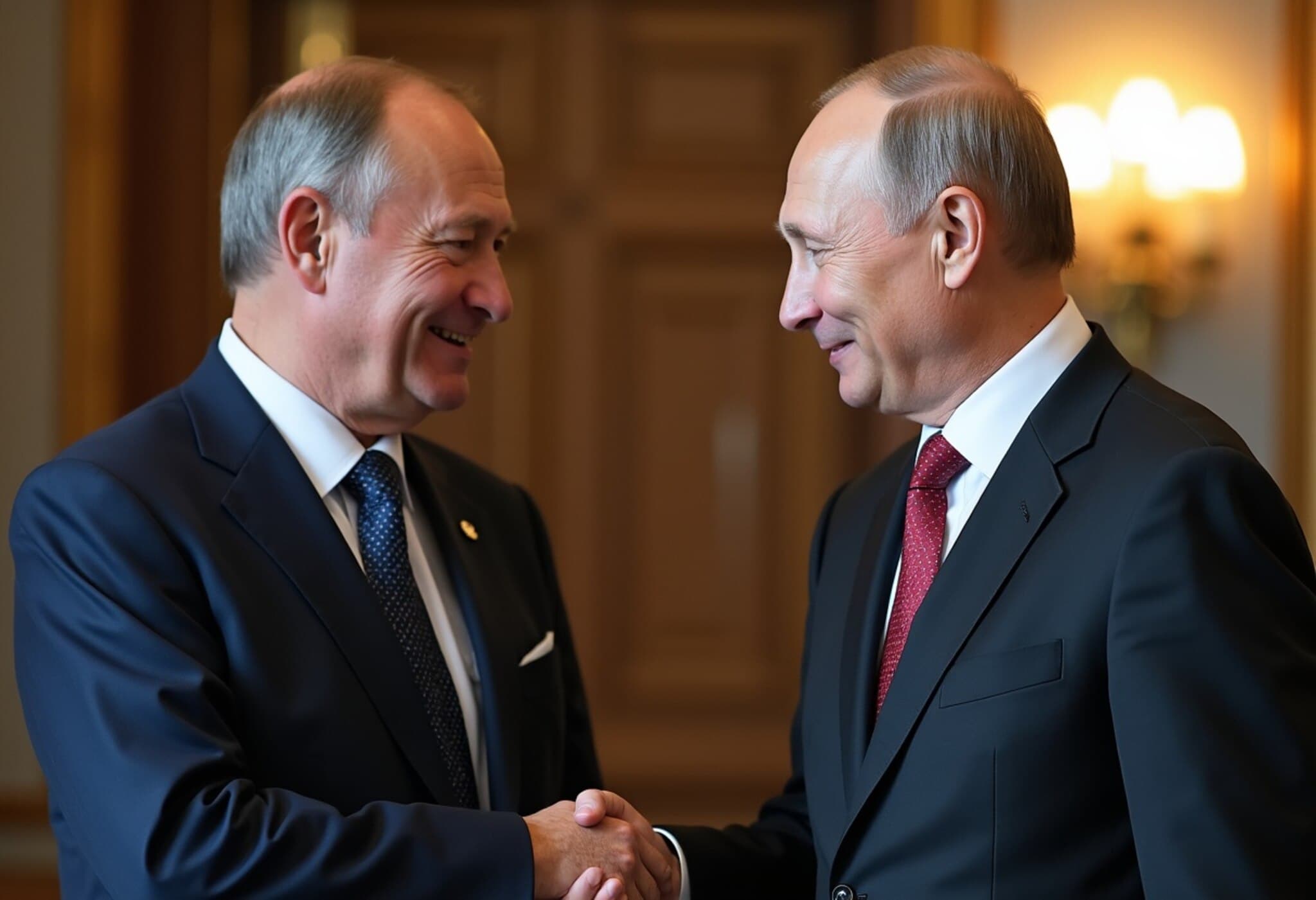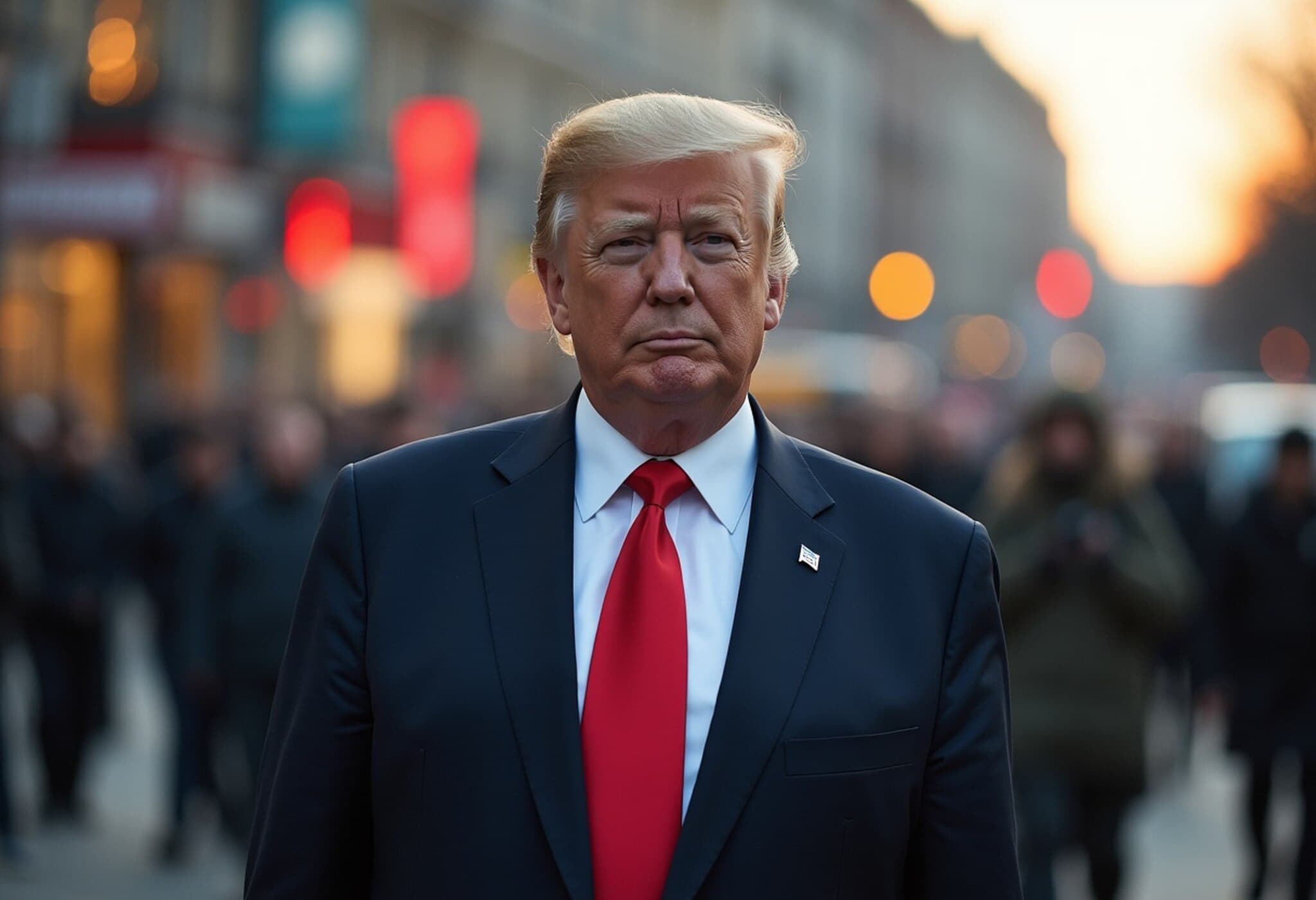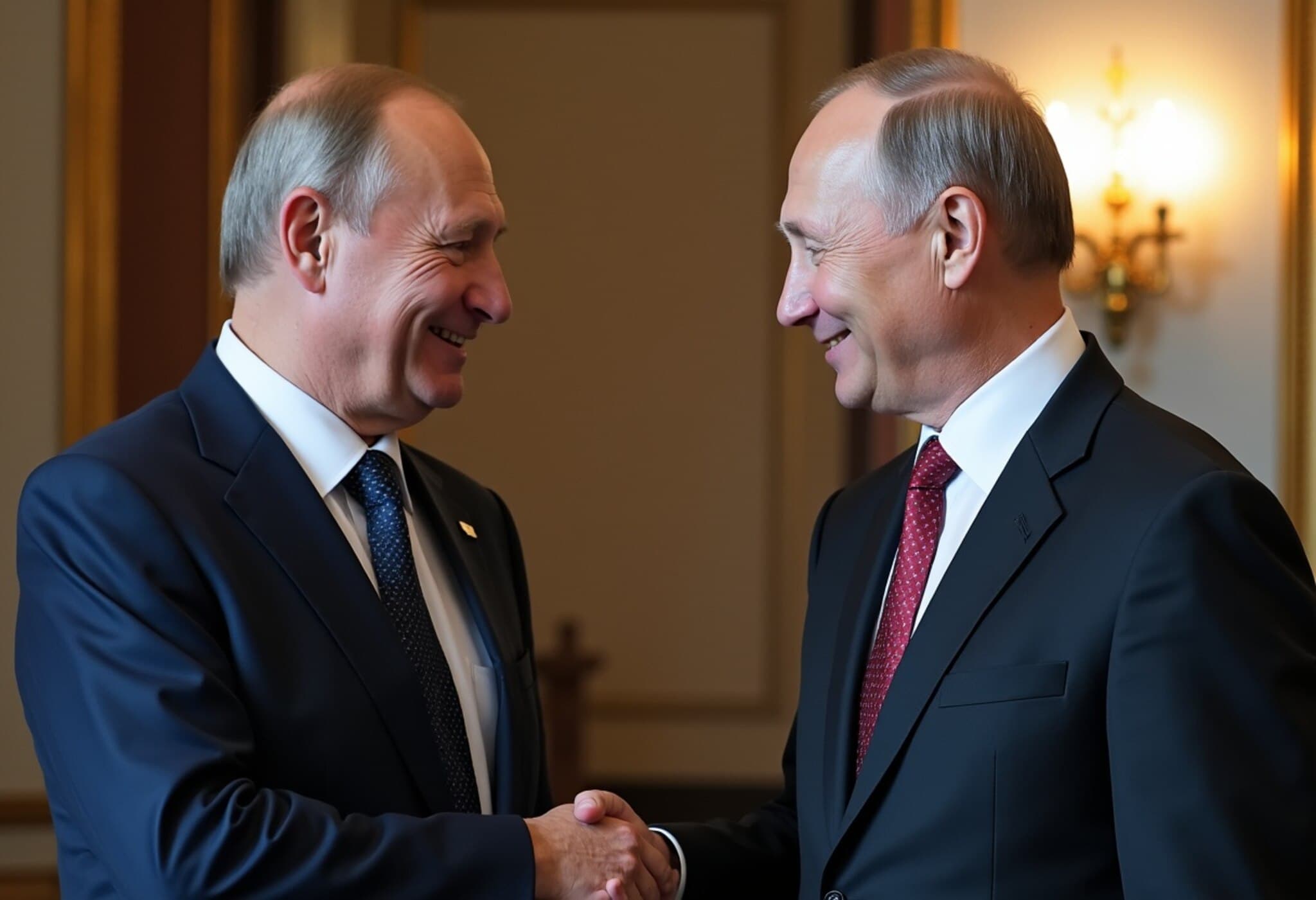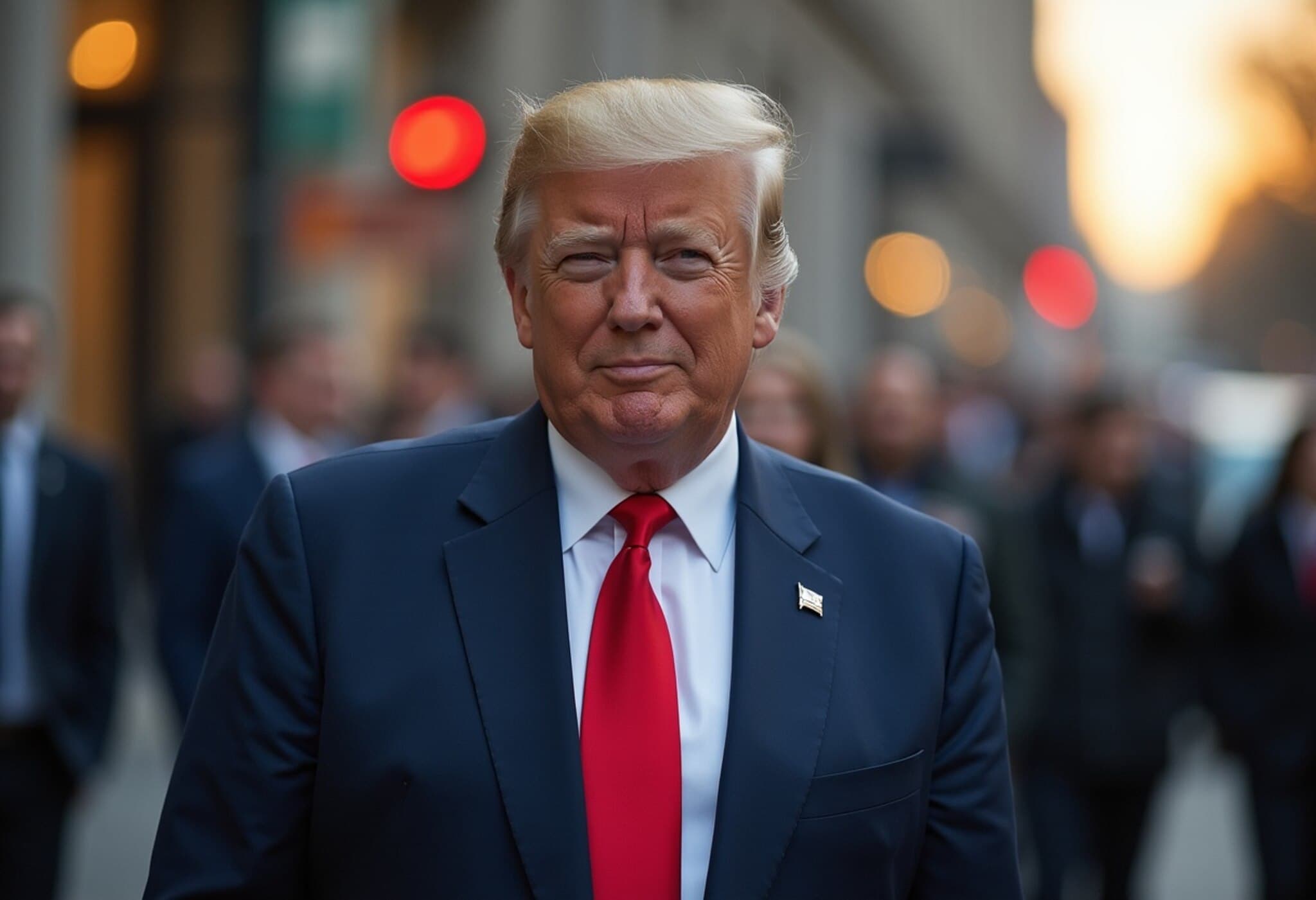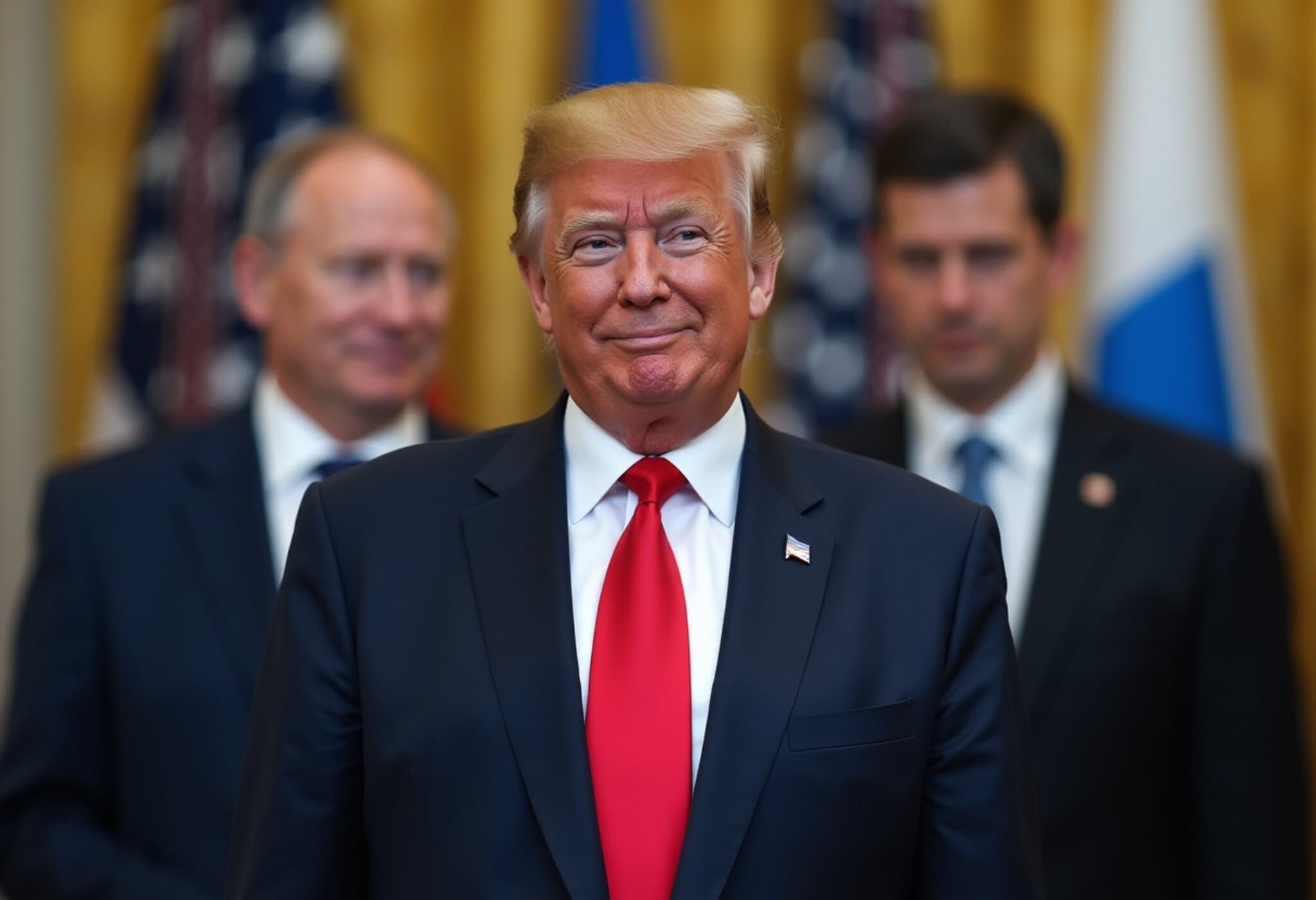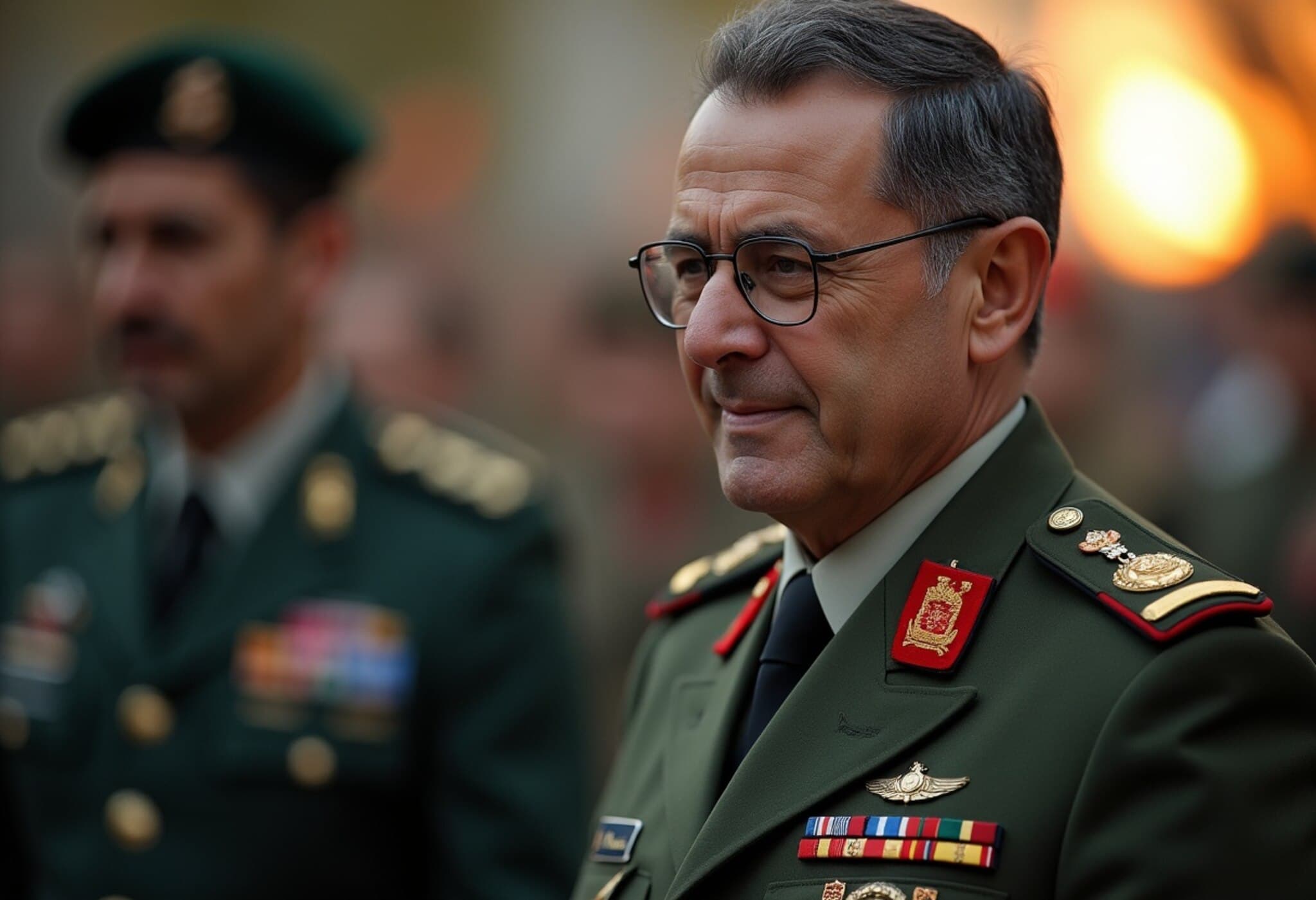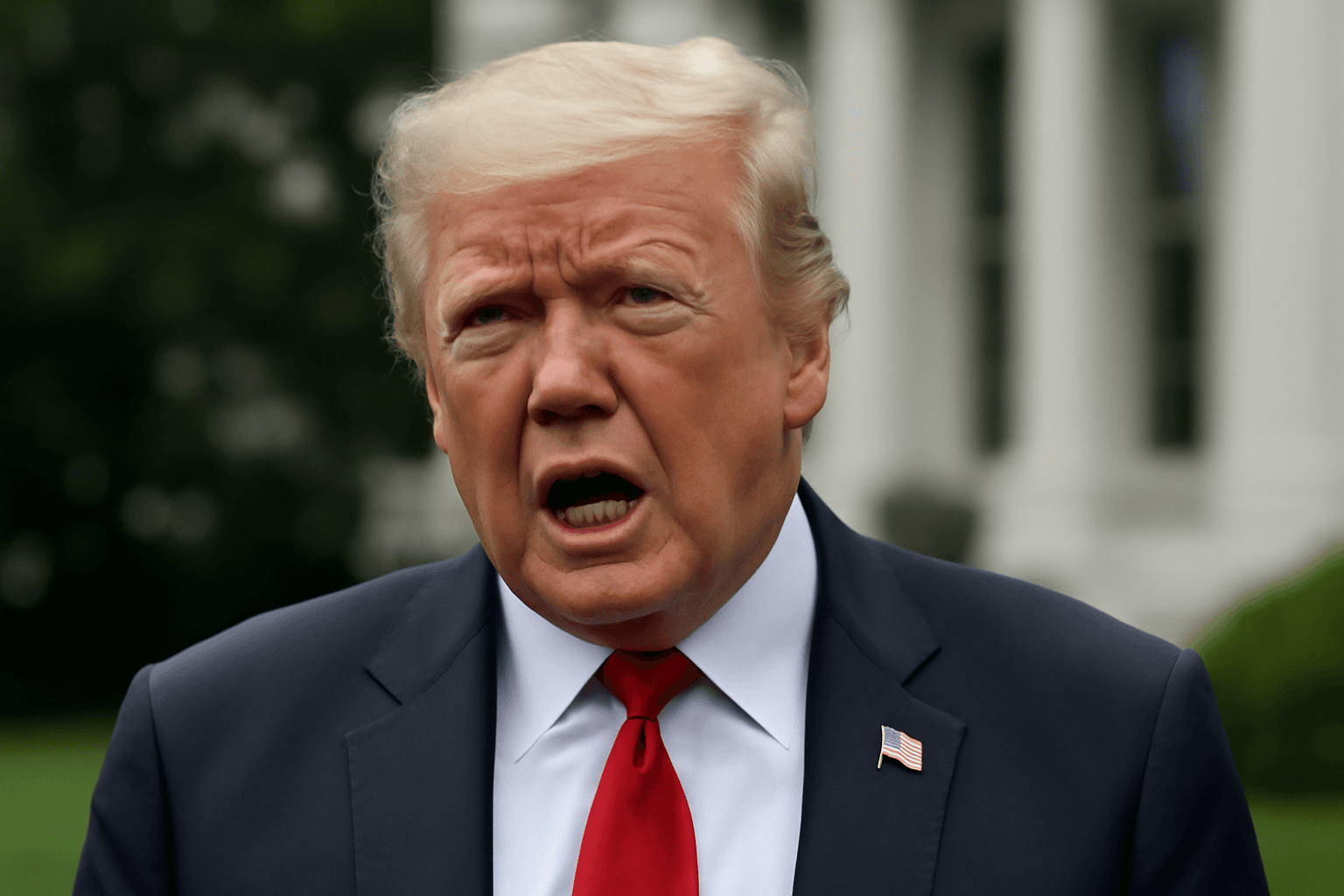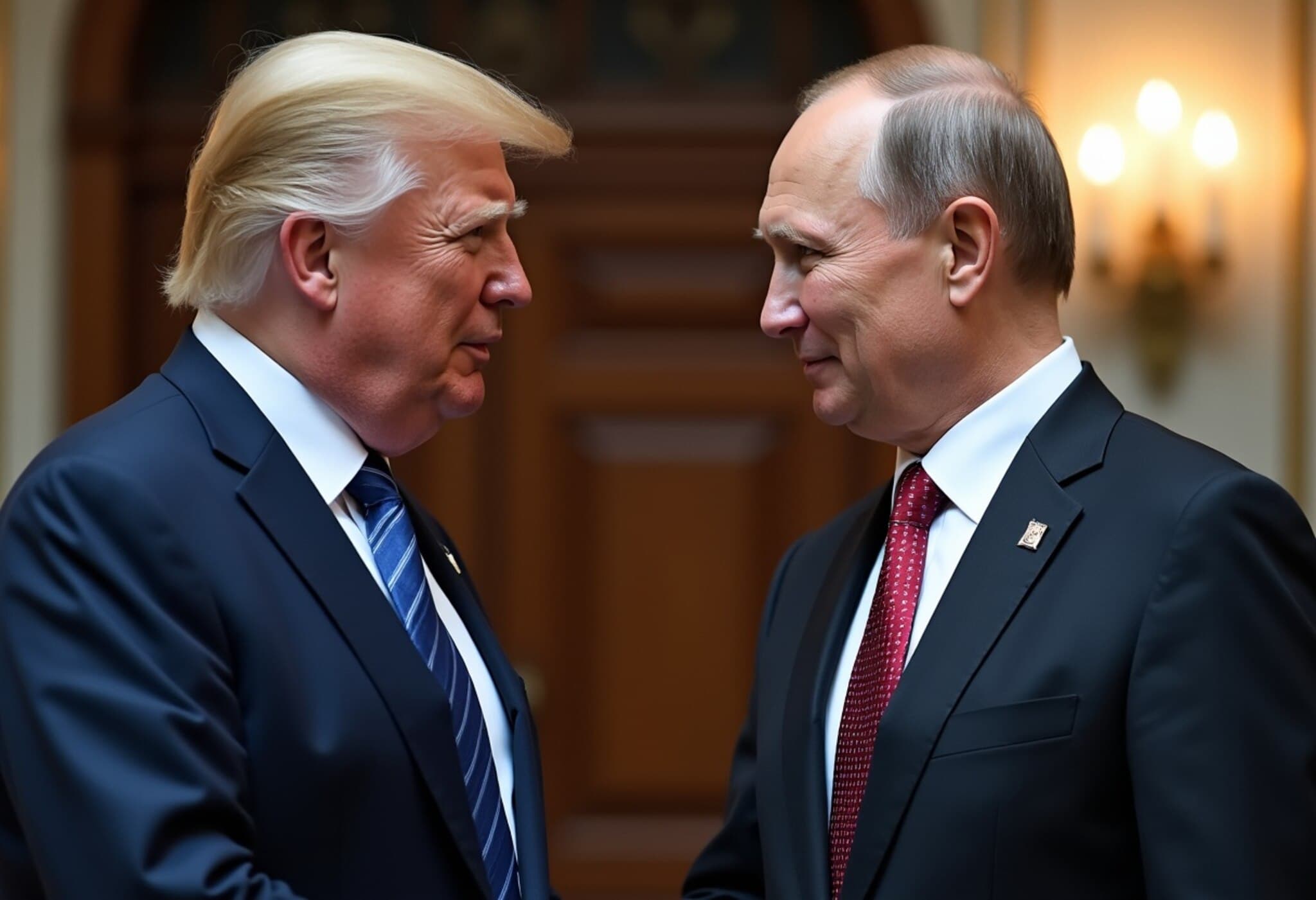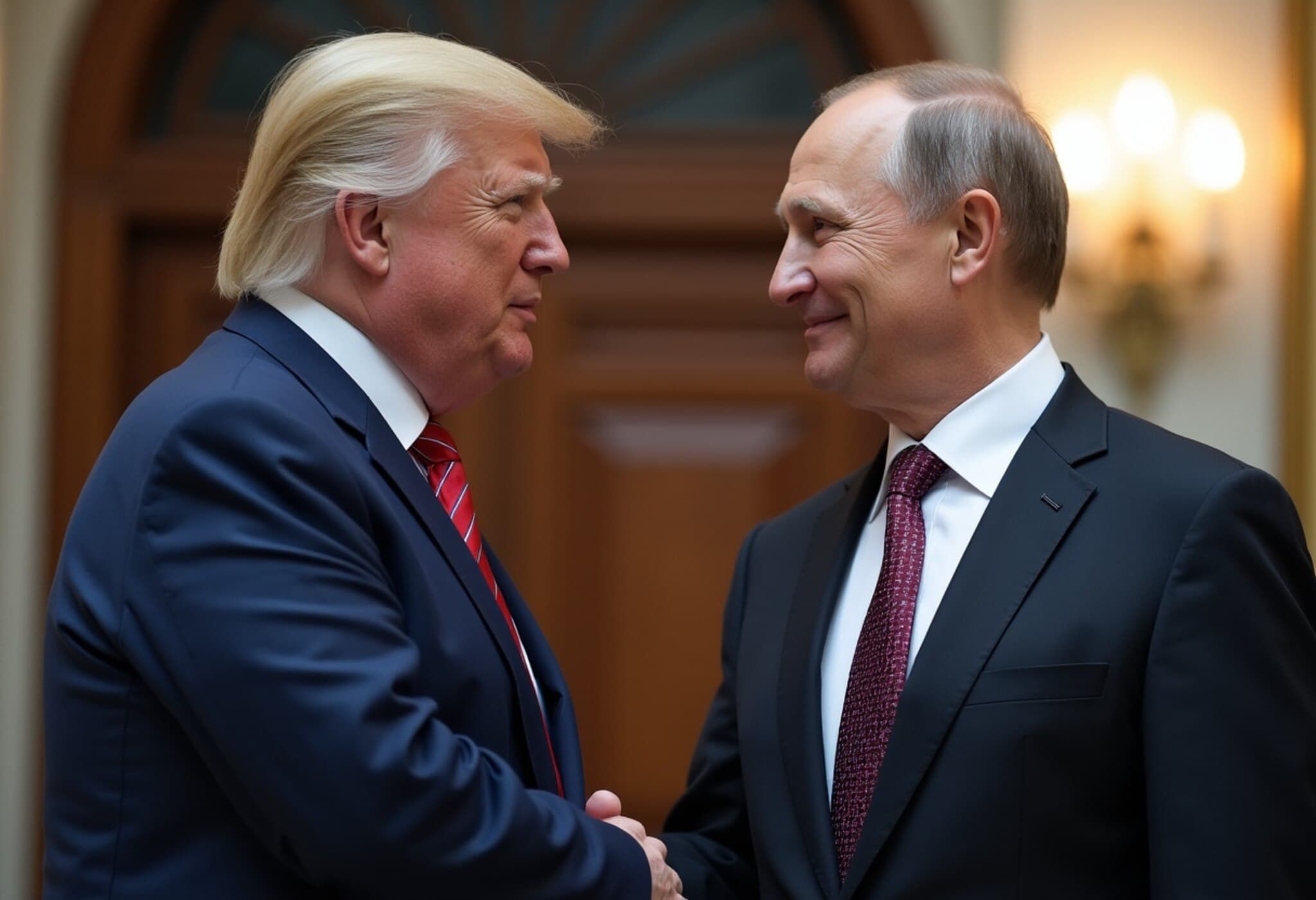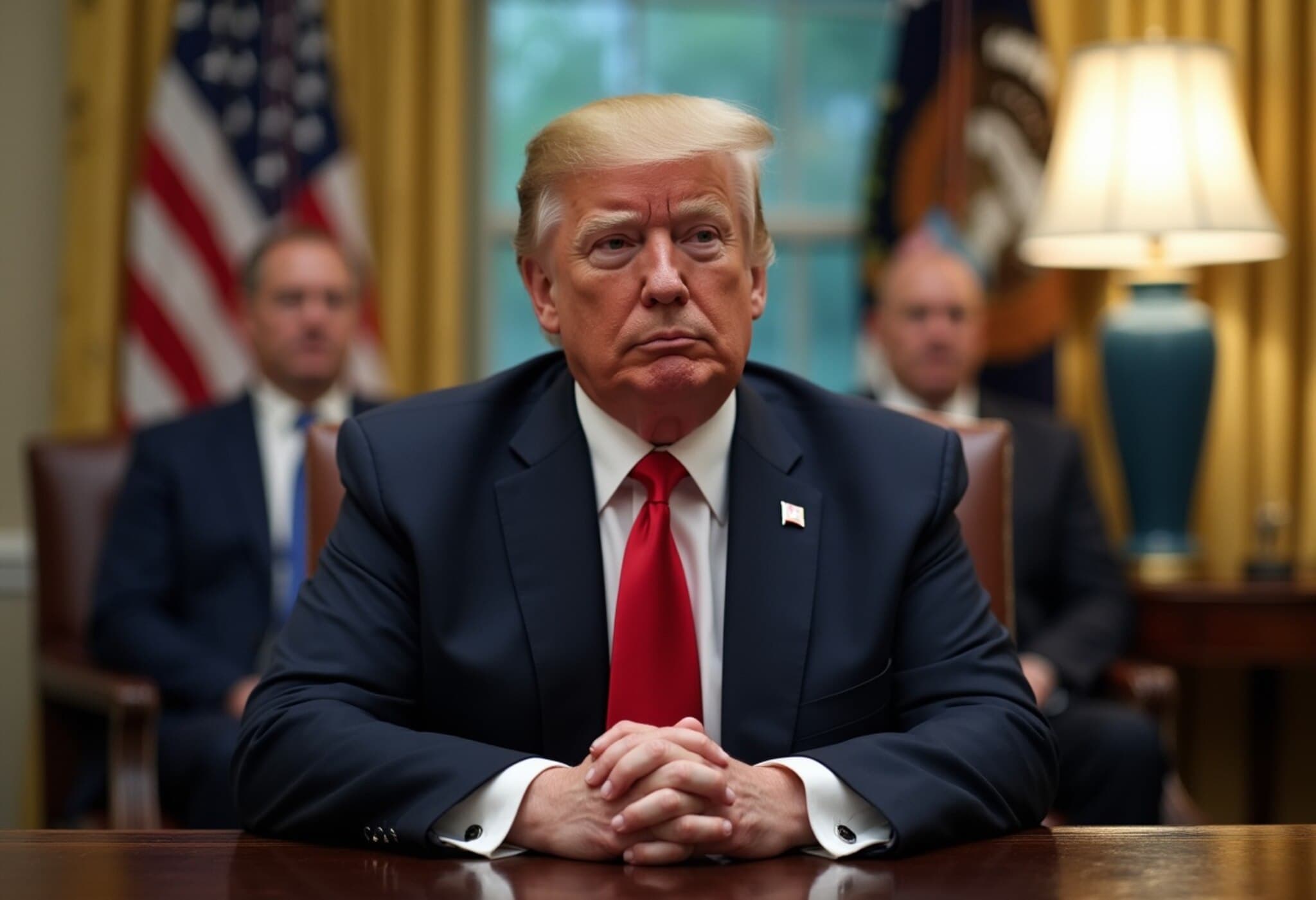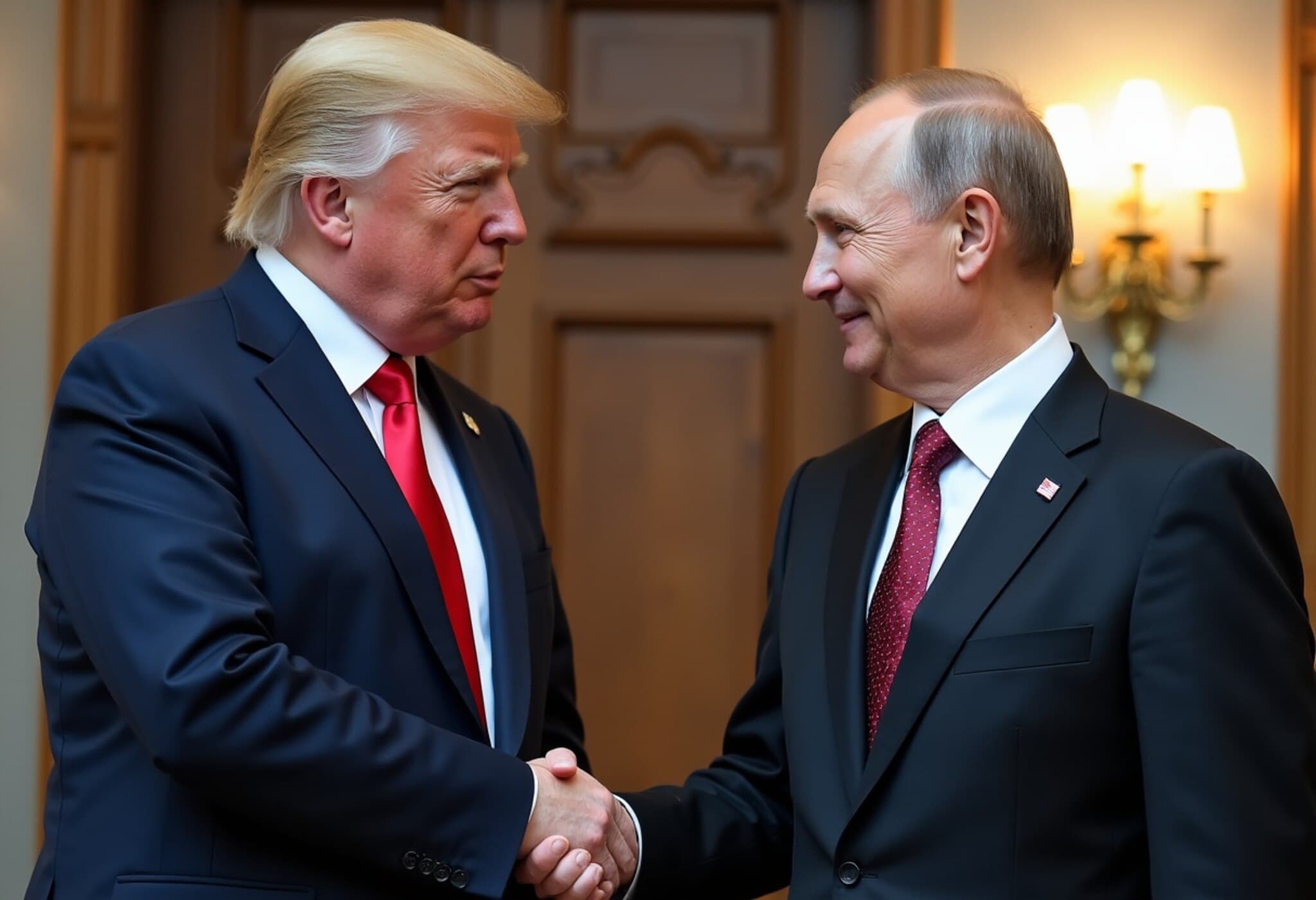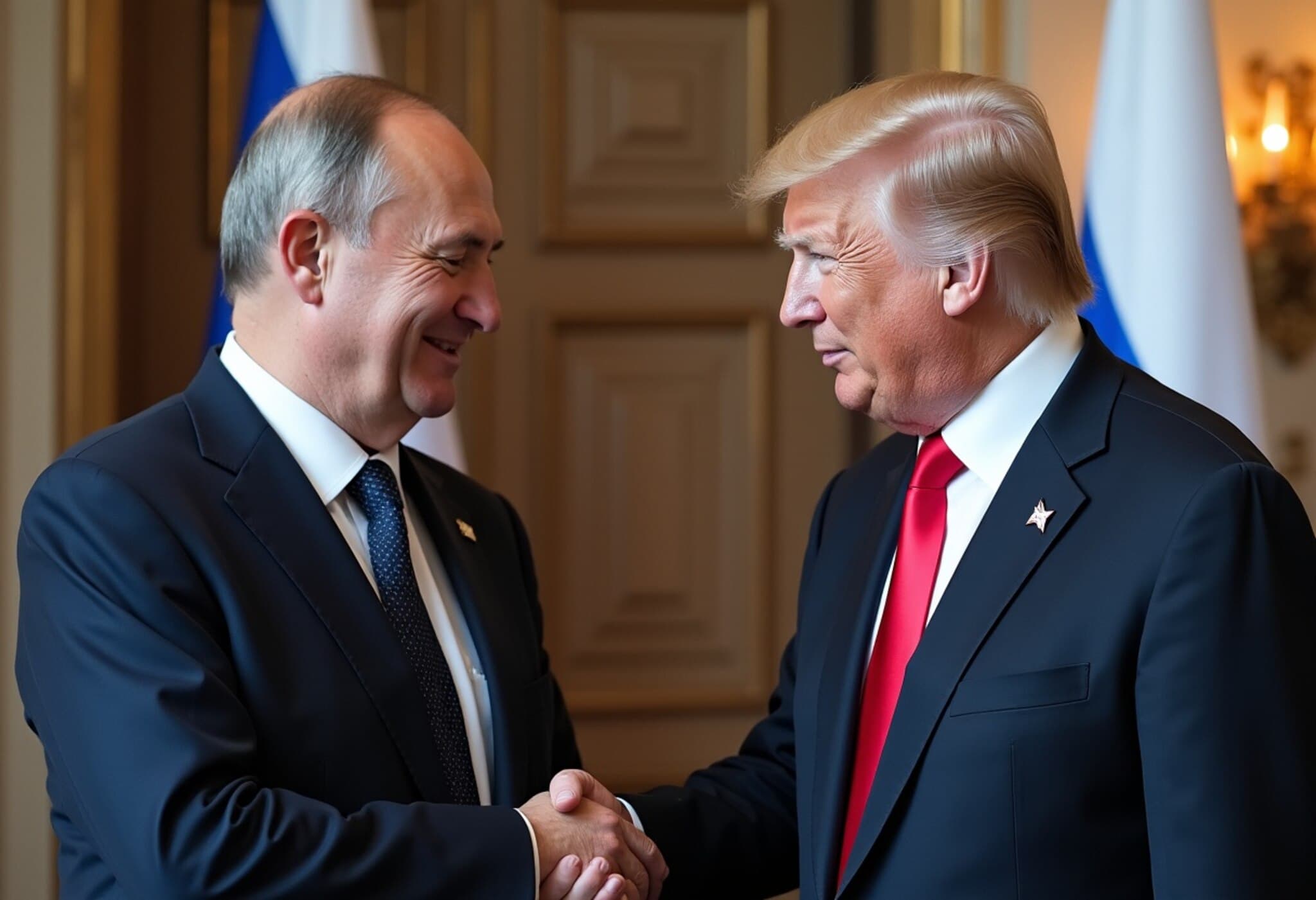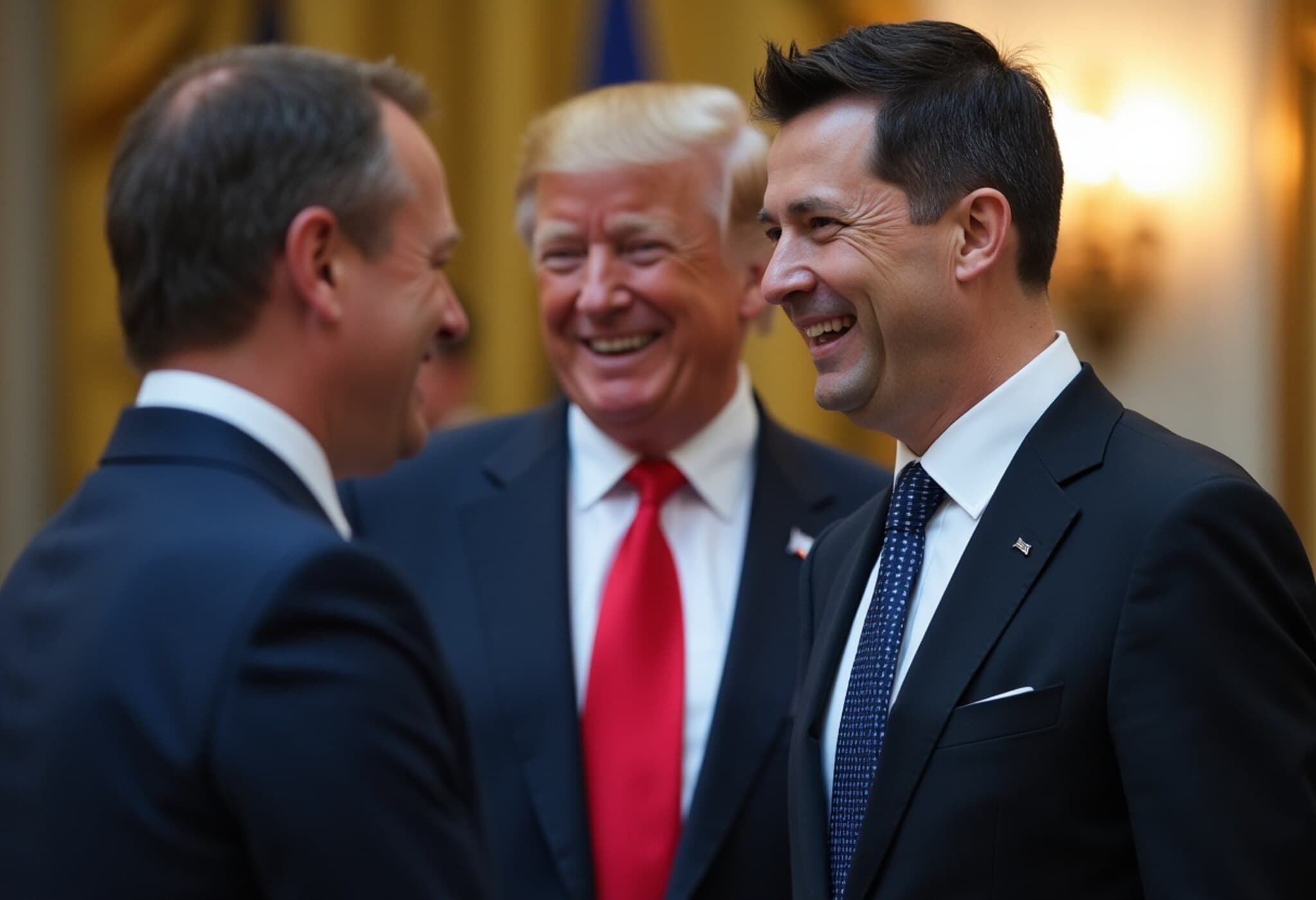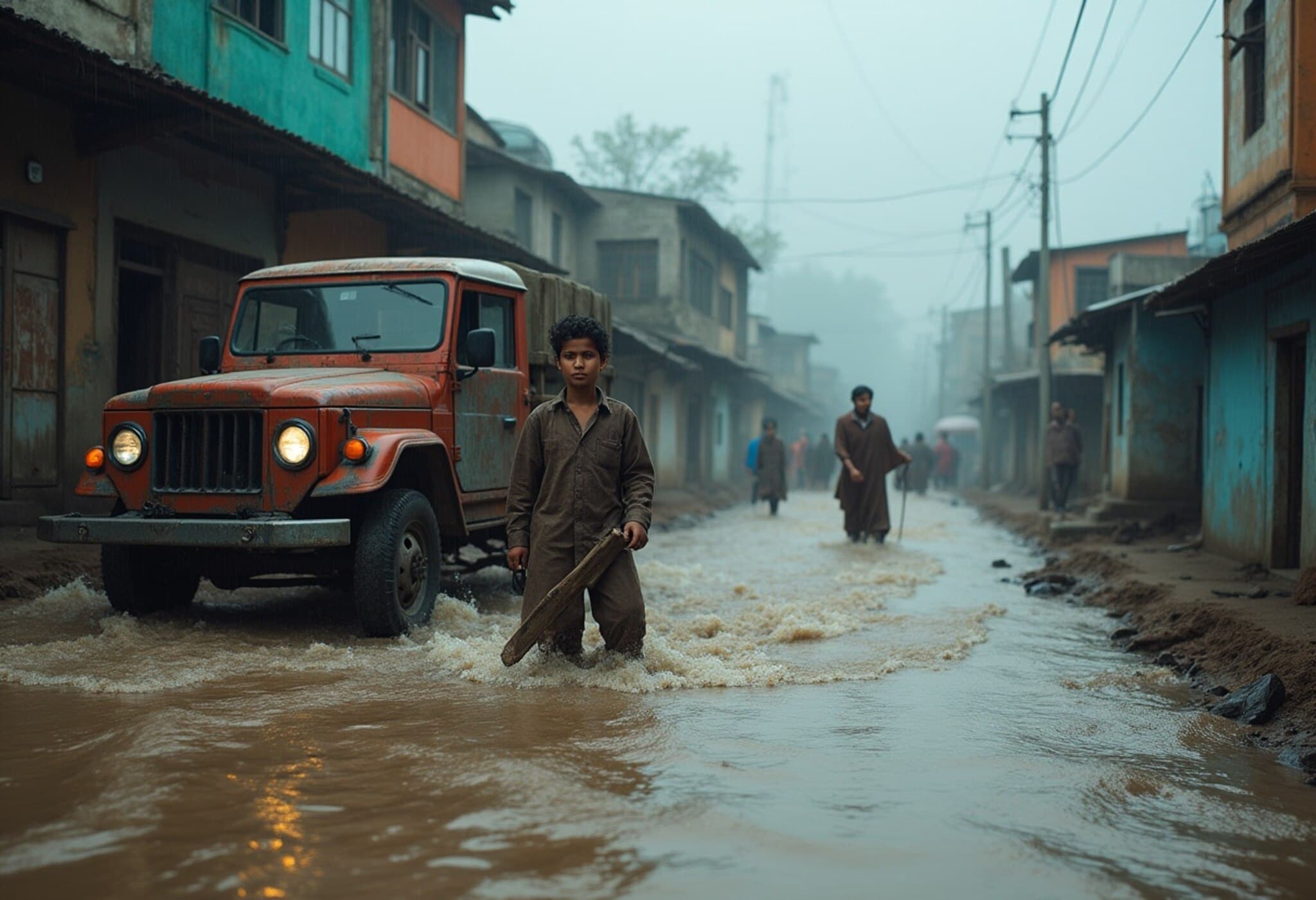Trump Repeats Bold Claim Following Alaska Meeting with Putin
In the aftermath of his high-profile Alaska summit with Russian President Vladimir Putin, former US President Donald Trump once again took center stage by asserting that he played a pivotal role in preventing a nuclear confrontation between India and Pakistan. Speaking on Fox News’ primetime show hosted by Sean Hannity, Trump emphasized his administration's diplomatic efforts to curb global conflicts—even those that do not directly involve the United States.
Diplomacy Beyond Borders: Why Trump's Efforts Matter
While the ongoing war in Ukraine continues to dominate global headlines and predominantly affects European allies, Trump justified his involvement in distant disputes by framing it as a humanitarian mission aimed at saving lives and preventing catastrophic war escalation. Drawing historical parallels, he referenced Cambodia and recent ceasefires in Southeast Asia to illustrate the broader scope of his peace initiatives.
Claiming Credit for Defusing India-Pakistan Tensions
Trump specifically mentioned the volatile relationship between India and Pakistan, alleging that tensions were dangerously close to triggering a nuclear conflict. He said, “They were shooting down airplanes already… It would have been maybe nuclear, but I was able to get it done.” However, this narrative starkly contrasts with official Indian government statements that repeatedly deny any American involvement in the negotiations between the two countries.
India’s External Affairs Minister S. Jaishankar clarified that peace efforts were conducted directly through talks between the military leadership of both countries, specifically the Directors General of Military Operations (DGMOs), underscoring India’s stance that the United States neither facilitated nor influenced these discussions.
Broader Context: Trump’s Global Peace Narrative
Trump has frequently declared that his administration prevented multiple international conflicts, including what he describes as “six major wars.” He pointed to a recent ceasefire between Thailand and Cambodia following deadly border skirmishes as evidence, highlighting how trade pressures applied by Washington helped broker peace in just 24 hours. This pattern aligns with Trump’s broader foreign policy approach, which often prioritized direct negotiations and economic leverage over prolonged military engagement.
The Alaska Summit Outcome and Its Implications
Despite the intense media spotlight, the Alaska meeting between Trump and Putin did not yield any significant breakthroughs, especially concerning Russia’s ongoing conflict in Ukraine. Nonetheless, Trump’s statements signal a continued effort to position himself as a global peacemaker, a role he seems intent on maintaining in the public eye.
Expert Insight: The Complex Dynamics of U.S. Involvement in South Asian Conflicts
Experts highlight that, historically, the United States has played a limited but strategic role in the India-Pakistan conflict, primarily through diplomatic channels and advocating for restraint. However, attributing direct prevention of nuclear escalation to singular American intervention oversimplifies the intricate, multi-layered regional dynamics shaped by decades of diplomacy between South Asian neighbors.
From a policy perspective, Washington’s influence tends to be indirect, operating more through international forums and alliances than overt mediation, emphasizing respect for sovereignty and regional partnerships.
What This Means for Future U.S. Diplomacy
Trump’s assertions raise important questions about the narrative of American leadership in global conflict resolution. As the U.S. reevaluates its role on the world stage amid complex geopolitical shifts, understanding the nuances behind such claims is essential for informed public discourse and policymaking.
Key Takeaways
- Trump’s repeated claims of preventing a nuclear conflict between India and Pakistan remain unsubstantiated by official Indian sources.
- His broader narrative emphasizes humanitarian motives and peace promotion beyond American borders.
- Experts caution that diplomatic realities in South Asia involve numerous actors and long-term engagement rather than singular interventions.
- The Alaska summit with Putin did not advance conflict resolution on Ukraine, highlighting ongoing challenges in global diplomacy.
Editor’s Note
Donald Trump’s remarks underscore a persistent theme in his post-presidential rhetoric: positioning himself as a key international peace broker. While his narrative appeals to sentiments of strong American influence and global leadership, it often overshadows the complex realities and sovereign agency of involved nations like India and Pakistan. As readers and observers, it is crucial to approach such claims critically, discerning between political messaging and verified diplomatic outcomes. How the U.S. continues to engage with regional conflicts will shape its global standing and effectiveness in conflict prevention moving forward.

